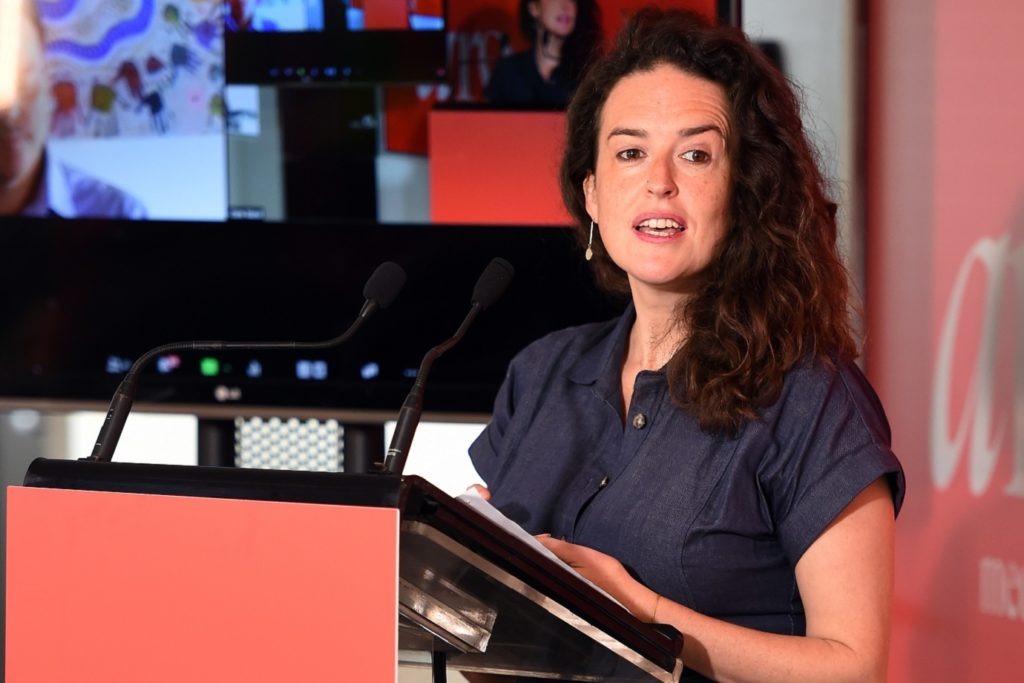The cultural revolution of #MeToo is not just about sexual violence. It is taking aim at patriarchy’s most sacred compact: the keeping of men’s secrets.
Consciousness-raising movements have for fifty years revealed the ubiquity of sexual harassment and violence. Since the rise of social media in the early 2010s, there have been viral hashtags like #YesAllWomen and #WhyIStayed. Traditionally, such movements have been focused on raising the consciousness of women, but #MeToo has taken it a step further: it has made men sit up and take notice.
That’s because, this time, women aren’t just sharing what happened to them – they’re pointing the finger. It’s not just I was raped, but he is the one who raped me – and they are the ones who protected him. This approach seems to have set off an alarm bell in the amygdala of men worldwide: holy shit, this time they’re coming for us.
For as long as we’ve been talking about sexual violence and domestic abuse, the men who perpetrate it have been largely invisible. Terms like “violence against women” and “women’s safety” remove the perpetrator from view and foreground the victim, where she becomes the subject to interrogate: What was she wearing? Did she do something to provoke him? Why did she go back? What is she doing to keep herself safe? For decades, this polite erasure has quarantined men’s violence against women in the zone of “women’s issues.”
In September 2021, on the first day of the National Women’s Safety Summit, the almost total absence of men prompted me to pose a question on Twitter:
I wonder how the discussions would change if instead of a #WomensSafetySummit, we had a #MensViolenceSummit? Genuine question. How would our perspectives and solutions shift if we put men’s violence in the foreground?
It goes like this (citing the great @jacksontkatz):
John beat Mary. #MensViolenceSummit
Mary was beaten by John.
Mary was beaten.
Mary was battered.
Mary is a battered woman. #WomensSafetySummit
As Katz explains, the 1st sentence is in active voice: it has a subject, a verb, & an object. A good English sentence. The 2nd is passive voice. The focus has shifted from John to Mary. The 3rd, John is invisible. By the 5th, Mary has a new identity, & “John is no longer part of the conversation.”
#MeToo became a revolution, not just a movement, because it put John back at the beginning of the sentence. But keeping him there is a daily chore – and our government is doing its best to make sure we return to the passive voice.
#MeToo did not get delivered by a stork on 17 October 2017. It was born of decades of work, of bitter frustration, and a determination to prove the prevalence of sexual violence and abuse again and again and again. In this essay I track the evolution of #MeToo, how it has expressed itself in Australia and how it created the conditions for a female-led insurgency against the Morrison government in 2021.
The radical potential of #MeToo is not just in shifting norms, which can so easily regress. It’s in taking this moment of normative change and making it stick: with policy, legislation, regulation and governance. It’s in refusing to accept the crumbs that governments offer women. It is in the clearheadedness of journalists like 7.30’s Laura Tingle, who can deny the prime minister his request for indulgence:
Actually, Prime Minister, the women of Australia may not forgive you this indulgence. Those women may be wondering what exactly the Prime Minister has been doing for the past month and what sick culture has been allowed to develop within the Government and within Parliament House under his watch as Prime Minister since 2018.
This is the power of #MeToo. It’s the power of saying No More. The power of refusing to play along. The power of putting John back at the beginning of the sentence.
#MeToo may not have taken the scalps of our most powerful, as it did in the United States. But that does not mean it has failed. In fact, as we’ll see, the impact of #MeToo in Australia has been seismic.
This is an edited extract from Jess Hill’s Quarterly Essay titled The Reckoning: How #MeToo is changing Australia. Find it here.


